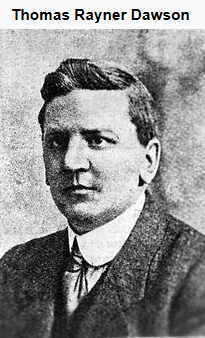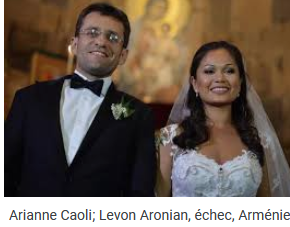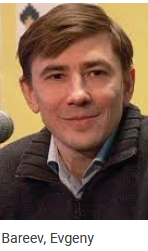 I have a book on Benoni (in Russian) from 1984 (by A. Kapengut) which was one of Olivier Renet's favourite books. Of course, books on openings are quickly out of fashion, but if you really want to understand an opening, you have to study its history. Moreover, this book is a curiosity: published at the time of communism, if not triumphant, then at least splashy, all the names of dissidents or opponents of the "workers' paradise" (Alburt, Lein, Shamkovitch, Pachman, Sosonko and of course Kortchnoi) are systematically eliminated, which makes the text strangely lame... I'm glad this book can help a player, and I'll never have time to read it in detail (I started 20 years ago: there are some unimportant annotations). Unless I live to be 200 years old, I won't be able to study all the endgames and midgames that interest me. Not to mention my efforts to raise the level of my compatriots in endgames, which seem to have failed. And not only the French: see Carlsen's gigantic stupidity in his game yesterday! [note from 2014: don't ask me for Kapengut's book, it has already made one happy...]
I have a book on Benoni (in Russian) from 1984 (by A. Kapengut) which was one of Olivier Renet's favourite books. Of course, books on openings are quickly out of fashion, but if you really want to understand an opening, you have to study its history. Moreover, this book is a curiosity: published at the time of communism, if not triumphant, then at least splashy, all the names of dissidents or opponents of the "workers' paradise" (Alburt, Lein, Shamkovitch, Pachman, Sosonko and of course Kortchnoi) are systematically eliminated, which makes the text strangely lame... I'm glad this book can help a player, and I'll never have time to read it in detail (I started 20 years ago: there are some unimportant annotations). Unless I live to be 200 years old, I won't be able to study all the endgames and midgames that interest me. Not to mention my efforts to raise the level of my compatriots in endgames, which seem to have failed. And not only the French: see Carlsen's gigantic stupidity in his game yesterday! [note from 2014: don't ask me for Kapengut's book, it has already made one happy...]
A pleasant exercise in the pawn endgame, then a good treatment of the R vs P struggle, avoiding the body interposition (abusively called "shoulder charge"), then a return to Bauer-Polgar, where the French player seems to want to revolutionize the theory, but it is a total fiasco! An eighth prize (!) contest, because to win a first prize these days... you have to be more sophisticated, not to say abstruse, but John Beasley's favourite study in the contest... and mine. Finally, some hasty impressions of the event of the week, the Aronian-Carlsen endgame and the excerpt from an obscure book on endgames explaining the Loewenfisch study, pinning down authors who are "fundamental" in name only. A short and brilliant draw (to be learnt by heart) to definitively ridicule the Khmer Rouge organisers and Kagébist referees who pretend to rewrite the laws of chess, whether they pour out their unfathomable mediocrity in Cannes, Le Touquet or Corsica. And in doubles, please ! The game of the day inaugurates a controversy to follow on John Watson's theory that the opening of the game benefits the knights, rather than the bishops. But here, the game seems to open much more than it really opens: it is especially the a1-h8 diagonal which opens! In support of this thesis, however, the successes of Bishops in a closed position demonstrated by Karpov, in particular the wB of white squares behind the c4-d5-e4 structure. The exercise of the 20th white move was carried out seriously, but if the intuition was sometimes present, A. O'Kelly would have exclaimed: "your analyses, young men, lack precision"! He would not have been wrong. We would have liked to see the Hauchard, Chabanon and other Relange, whose disappearance from the course we regret.
The game of the day inaugurates a controversy to follow on John Watson's theory that the opening of the game benefits the knights, rather than the bishops. But here, the game seems to open much more than it really opens: it is especially the a1-h8 diagonal which opens! In support of this thesis, however, the successes of Bishops in a closed position demonstrated by Karpov, in particular the wB of white squares behind the c4-d5-e4 structure. The exercise of the 20th white move was carried out seriously, but if the intuition was sometimes present, A. O'Kelly would have exclaimed: "your analyses, young men, lack precision"! He would not have been wrong. We would have liked to see the Hauchard, Chabanon and other Relange, whose disappearance from the course we regret.
Add a comment